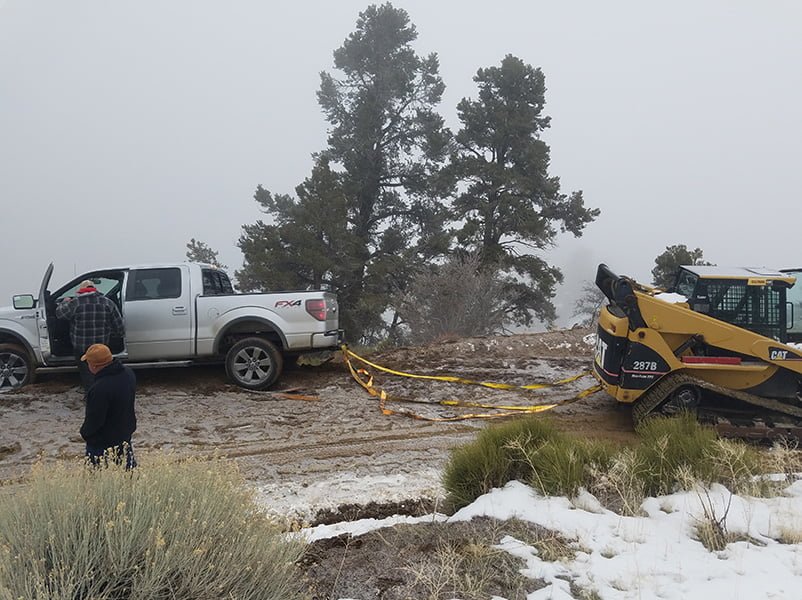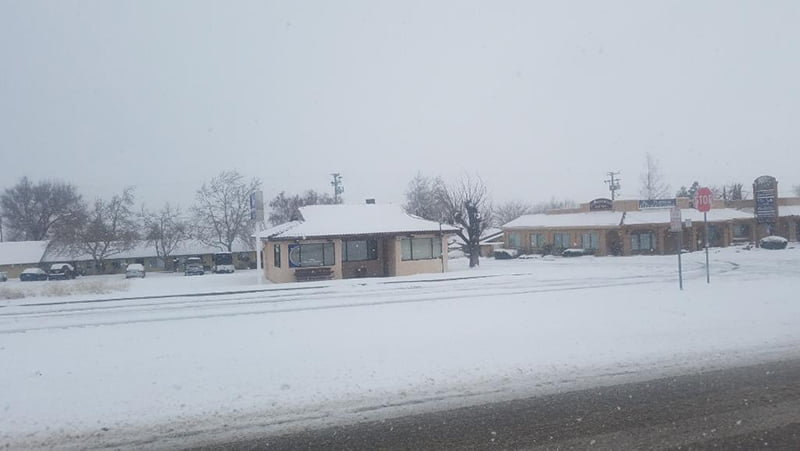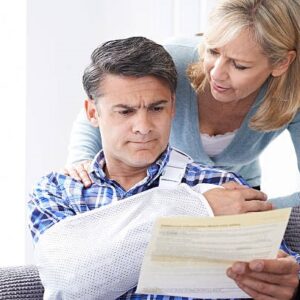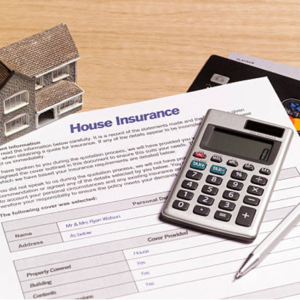Most people in Southern California don’t consider how snow can affect their insurance until it’s already falling. With reports of more snow coming in this week we wanted to answer some questions about how snow might affect your policies. We’ll cover what kind of
Car Insurance and Snow
In
Snow is often the cause of black ice as it melts during the day and freezes over night. It can also cover up black ice and make it even harder to spot while driving. For this reason we really recommend caution driving during snowy conditions. Avoid it if possible.
The United States Department of Agriculture (USDA) has put together this handy downloadable booklet on driving around black ice.
General Tips
- You’re not as good at driving in the snow as you think you are. Avoid it if you can.
- (For manual cars) When driving in slippery conditions use your vehicle’s gears as the primary source of speed reduction. Because when you use your brakes on slippery surfaces your tire traction changes. especially when going
down hill . - Keep tire chains in your car for emergency driving. Pep Boys sells tire chain sets for $40-$110 depending on your tire size.
- Keep emergency rations, blankets, and water in case you get trapped. It happens.
- Make sure your lights are working and keep them on while you drive. Time of day doesn’t matter.
- Make sure your gas tank is over half full at all times.

Home Insurance and Snow
Most homeowners insurance claims caused by snow are water damage. It’s important to understand how snow can result in water damage to your property.
Burst pipes come with freezing weather and this can lead to water damage. Try to wrap or cover pipes that might be at risk of freezing. Another good tip is to run the water in your house until its hot, twice per day. This should prevent them from freezing.
Water damage is usually covered under homeowners insurance, but you should try to save yourself the hassle of a claim by taking precautions.
You will not be able to claim for existing damages that only became apparent after it snowed. If your roof has a hole in it which only became apparent after it snowed, that will not be covered. However,
Your homeowners policy might not cover damage to your swamp cooler. Turn it off and cover it up if it isn’t being used.
General TIps
- Keep warm. Put warm clothes and boots on.
- Push snow off awnings, carports and other surfaces as soon as it’s safe. This prevents water damage and tearing.
- Do not climb on the roof while it’s snowing. If you want to push snow off areas on your roof, use a long pole, broom or stick as long as you’re safe.

Condo and Renters Insurance During Snow
Your property manager, landlord or HOA should keep common areas safe and accessible. That means removing snow and treating ice as it appears. Be vigilant in ensuring that they are doing their job correctly.
Your personal policy, assuming you have one, will likely cover damages caused by the weight of snow or pipe bursting.
General Liability Insurance and Snow
Make sure access to your business is clear of snow, slush, and ice. If someone hurts themselves because of snow or ice on your business property, you will probably be liable for damages.
If you have a parking lot, make sure it’s drivable or shut it down.
Employee entrances are often ignored. Ensure that your employees can safely enter and exit the building.
Ensure that you put up warnings or safety signs if you think your property might be even a little bit of a risk.
Pro-tip: if you have general liability insurance or a business owners policy and you have ensured that your property is safe, go and take some photographs of clear entryways or warning signs. This will help you if something should happen.
RV Insurance and Snow
We do not advise driving your RV in the snow. But if you must please be sure to get tire chains and drive slowly.
Pipes and tanks can freeze, burst and damage your RV. Drain the water from the tanks when the RV isn’b being used and consider running the heater at night.
Boat Insurance and Snow
During these months your boat should be winterized and covered up. If you failed to do this it is unlikely you will be able to claim anything on your boat.
Knock off any built up snow when it is safe to do so.
Did we miss anything? Let us know in the comments.




